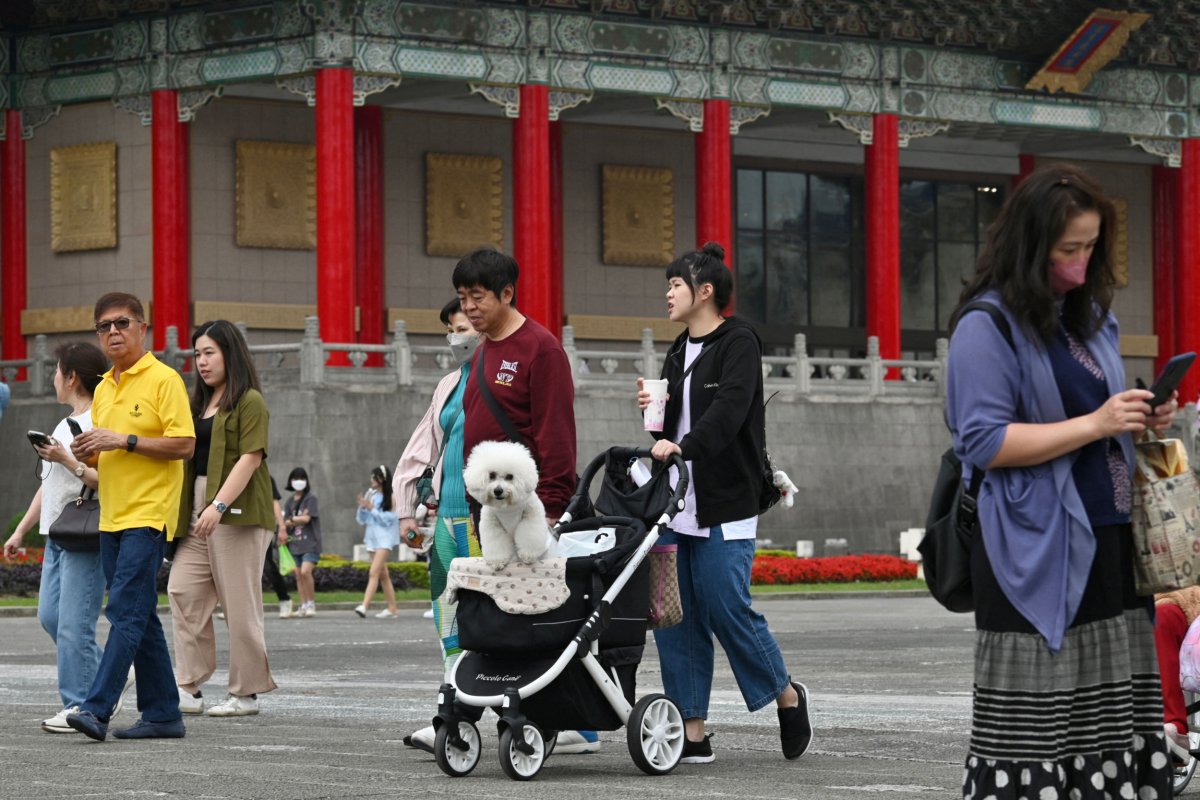Login to Continue Learning
Taiwan’s government plans to expand subsidies for in vitro fertilization (IVF) in hopes of raising its birth rate, which is among the world’s lowest. Roughly two-thirds of the global population now lives in areas where fertility—births per woman—is below the 2.1 replacement level, according to the French Institute for Demographic Studies, due to longer lifespans and rising living costs.
In 2024, Taiwan recorded about 135,000 births—a record low and the ninth consecutive annual decline—as more couples delayed or forgone having children. The island joined South Korea and Japan as a “super-aged society,” with people aged 65 and older comprising about 20% of the population. Officials warn that these demographic trends could have long-term economic impacts, but others argue that much more needs to be done.
Taiwan’s Health Promotion Administration (HPA) is planning higher subsidies for IVF to ease financial burdens on prospective parents. IVF involves fertilizing eggs outside the body and then implanting them in the uterus to achieve pregnancy. Under the 2021 subsidy program, eligible couples can receive up to NT$100,000 ($3,340) for the first cycle and NT$60,000 for subsequent treatments.
HPA Director-General Shen Ching-fen told reporters on Tuesday that subsidies for IVF cycles two through six will be increased to match those of the first cycle. Most patients require three to four IVF cycles to achieve pregnancy, with cumulative success rates increasing over repeated attempts.
In many countries, the age at marriage and first birth has risen, leading to a rapid decline in pregnancy chances for women aged 35 and older. HPA data from 2022 show that the per-cycle pregnancy rate is about 32.6% at age 30 but falls to around 19% at age 40.
Chen Shih-cheng, former health minister and now a minister without portfolio at Taiwan’s executive branch, the Executive Yuan, warned in May in an article for CommonWealth Magazine that current pro-natal measures are insufficient and investments lag behind countries like Japan and France. He called for swift action, or “it will be too late.”
“Both international research and local experience show that cash subsidies are not ineffective—but they are insufficient,” he said. “The government may believe it is offering adequate support, but many families still face heavy financial burdens. Policy must evolve from easing the burden to eliminating it—or even reversing it.”
Additional details about the subsidy scheme will be announced after its approval.

A dog looks on from a stroller as people walk past the National Theater in front of the Chiang Kai-shek Memorial Hall in Taipei on April 5, 2023. Sam Yeh/AFP via Getty Images



















